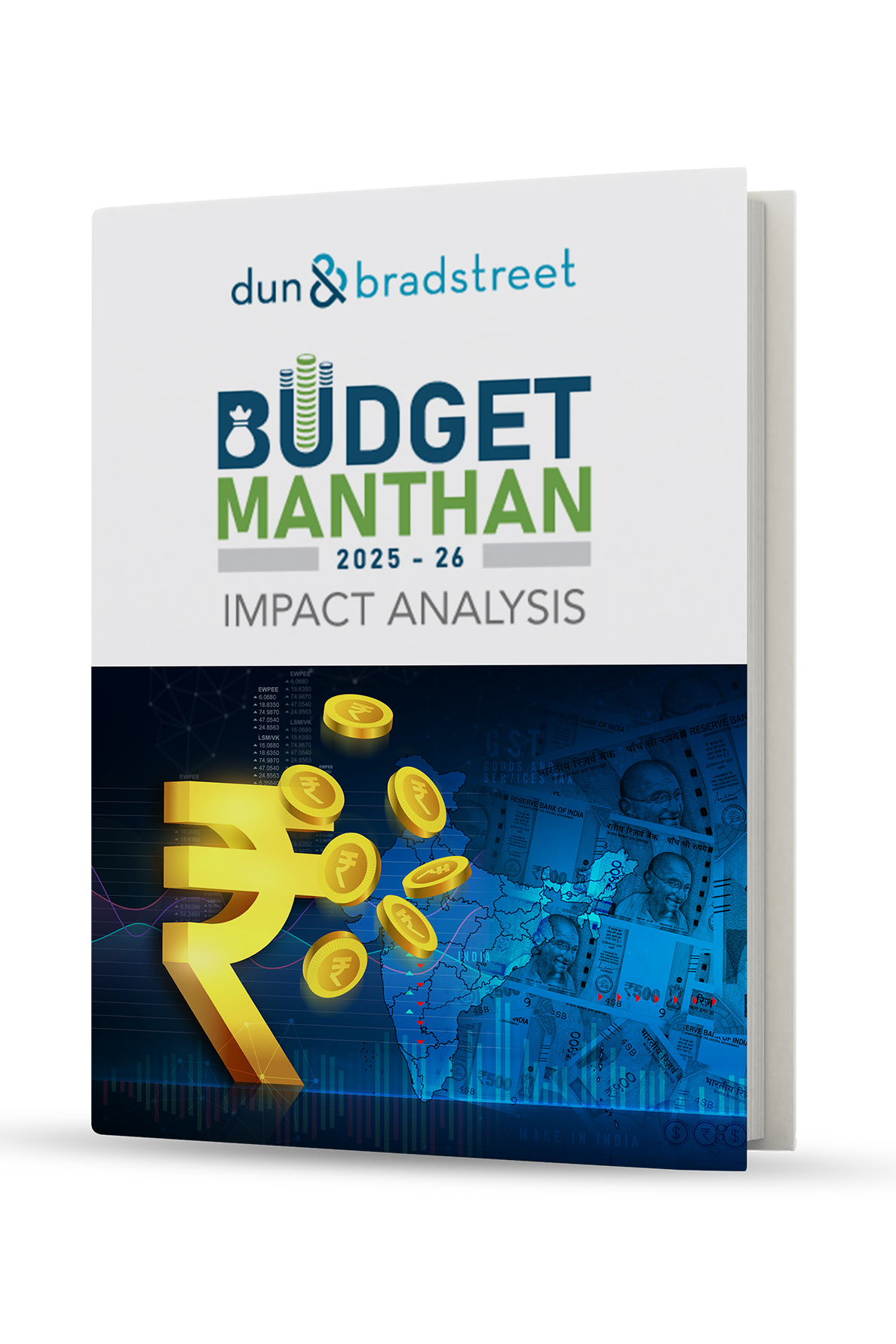The report presents a comprehensive impact analysis of the Union Budget 2025-26, which covers the overall macro-economy and around 21 major sectors with ratings assigned to them based on the likely impact of the announcements on each individual sector. This can be a useful guide for businesses and decision makers to plan their activities for the current fiscal year. We sincerely hope you enjoy reading this report and find it informative and enriching. Download your copy now!
Budget at a glance
Budget profile
Macroeconomic Perspective
Sectoral Impact
Expenditure of Ministries and Departments
Outlay of major schemes
Receipts & Expenditure
Key economic indicators

Download Your E-Copy